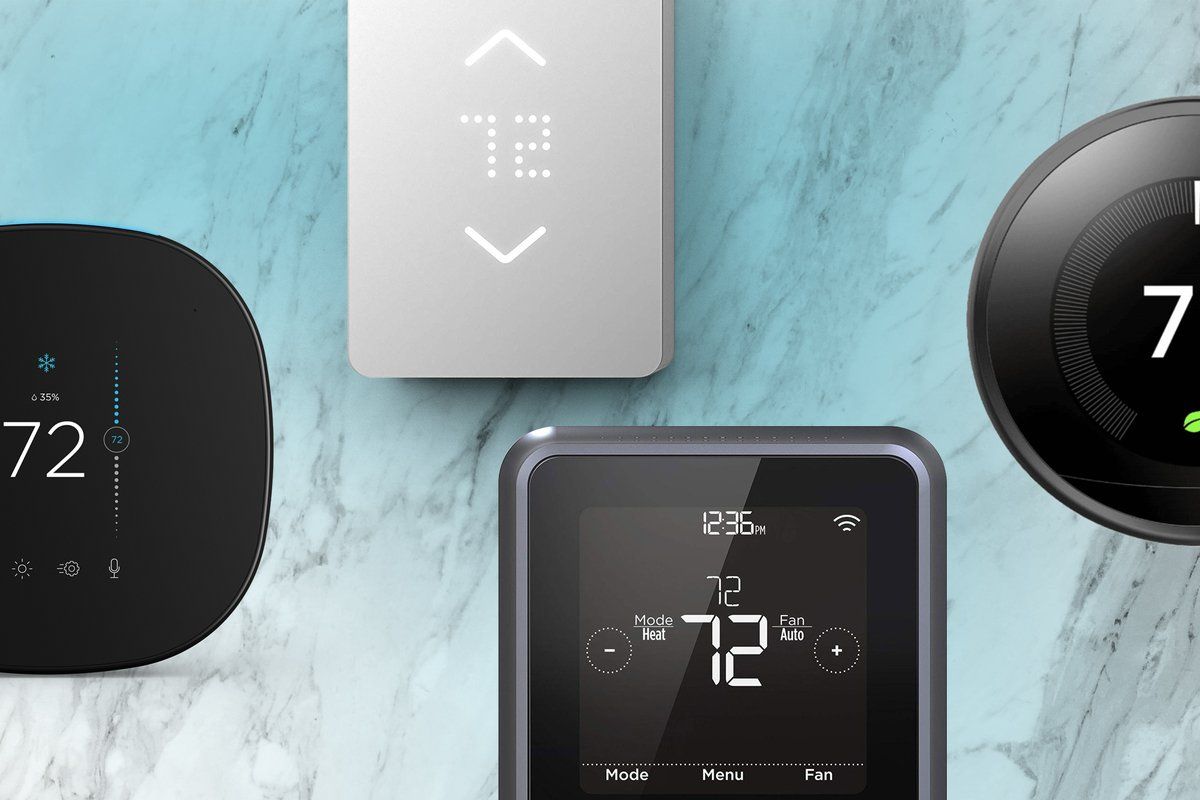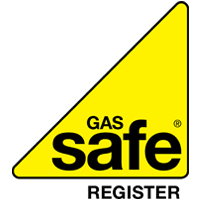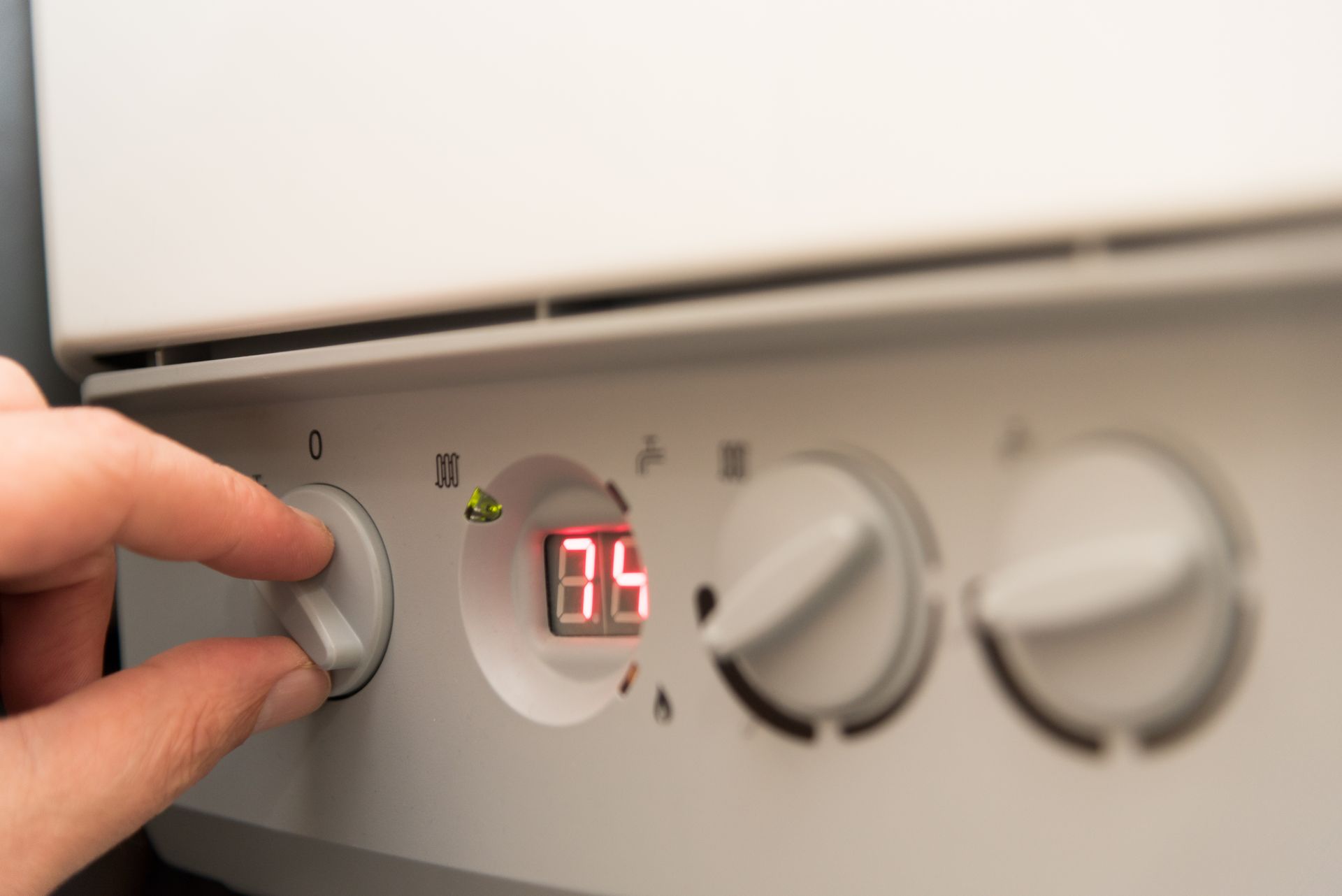Getting your boiler ready for the colder weather
Winter-Proofing Your Boiler: A Comprehensive Guide
As the days grow shorter and the temperatures drop, it's time to think about preparing your home for the winter season. One crucial element often overlooked is the boiler system. Your boiler plays a pivotal role in keeping your home warm and comfortable during the colder months. To ensure it operates efficiently and safely, it's essential to perform some maintenance and winter-proofing tasks. In this blog, we'll guide you through the steps to prepare your boiler for winter.
1. Schedule a Professional Inspection
Start by scheduling an annual inspection with a qualified technician. A professional inspection can identify any potential issues or worn-out components that might lead to problems during the winter. The technician will typically check for leaks, corrosion, and carbon monoxide leaks, and ensure the system's overall functionality.
2. Clean and Dust
Before the heating season begins, clean the area around your boiler and remove any dust, debris, or clutter. A clean and unobstructed boiler operates more efficiently and poses fewer safety risks. Ensure there are no flammable materials nearby, and make sure the boiler has proper ventilation.
3. Check for Leaks
Inspect your boiler for any visible leaks or drips. Even minor leaks can lead to significant problems when temperatures drop, as they can freeze and cause damage. If you notice any leaks, it's essential to have them repaired promptly by a professional.
4. Bleed Radiators
If your heating system includes radiators, bleed them to remove any trapped air. Air bubbles in the system can hinder the flow of hot water and reduce heating efficiency. Bleeding radiators is a straightforward process that can significantly improve the performance of your heating system.
5. Insulate Pipes
Winterizing your boiler also involves insulating pipes to prevent freezing. Frozen pipes can lead to burst pipes and costly repairs. Insulate the pipes with foam or fiberglass insulation to keep them warm. Pay close attention to pipes located in unheated or poorly insulated areas of your home.
6. Replace or Clean Filters
Dirty or clogged filters can reduce the efficiency of your boiler and increase energy consumption. Check your boiler's filters and replace them if necessary. This simple task can improve the performance of your heating system and reduce your energy bills.
7. Test the Thermostat
Ensure that your thermostat is in good working order. Replace the batteries if it's a battery-operated thermostat, and test the heating system to make sure it responds correctly to changes in temperature settings. A malfunctioning thermostat can lead to uneven heating and wasted energy.
8. Create an Emergency Plan
Lastly, prepare for unexpected emergencies. Make sure you and your family know how to shut off the boiler in case of a malfunction or gas leak. Keep emergency contact numbers, including your heating technician and the utility company, readily accessible.
Conclusion
Prepping your boiler for winter is a critical step in ensuring a warm and comfortable home during the cold months. Regular maintenance, inspections, and a few simple tasks can go a long way in preventing breakdowns and ensuring efficient operation. By following these steps, you'll not only keep your home cosy but also potentially save money on energy bills and costly repairs. Stay warm and safe this winter!
Regenerate
You might also like
Pro-Gas Hull - Blog


Book a Service Today
We will get back to you as soon as possible
Please try again later
Quick & Reliable
We are available 24/7 via email or telephone
All Rights Reserved | Pro Gas Services (Hull) Ltd




